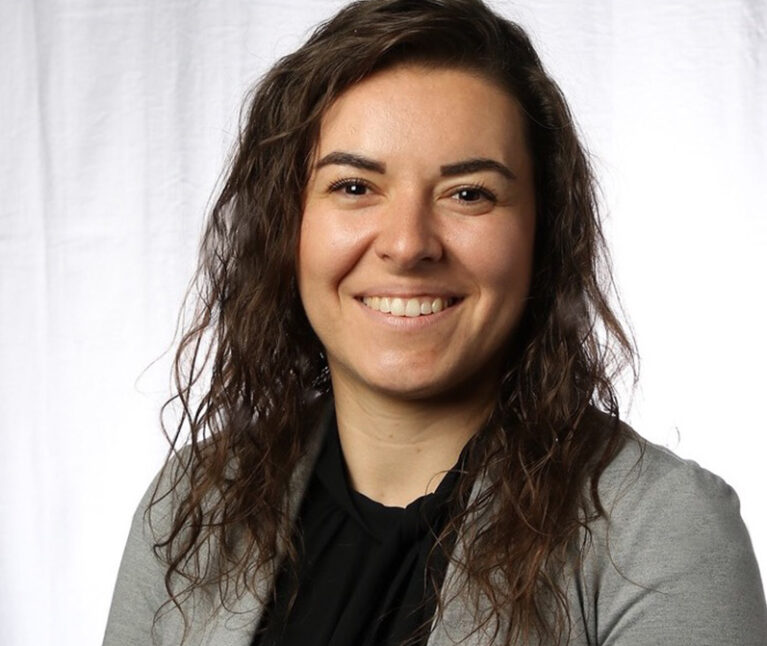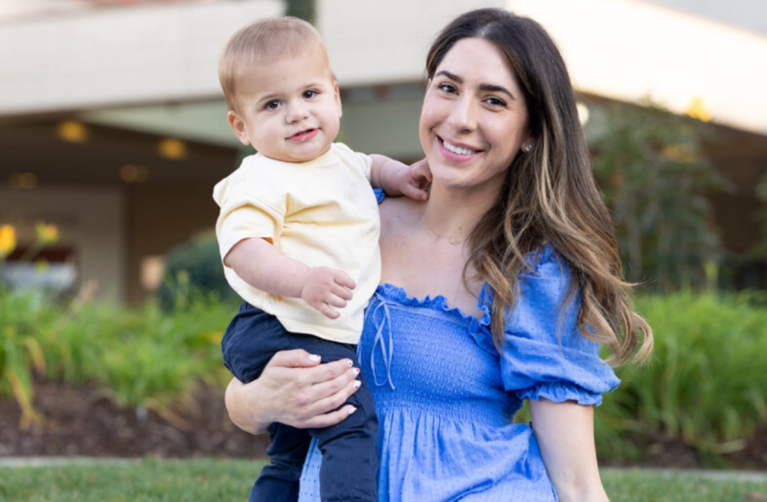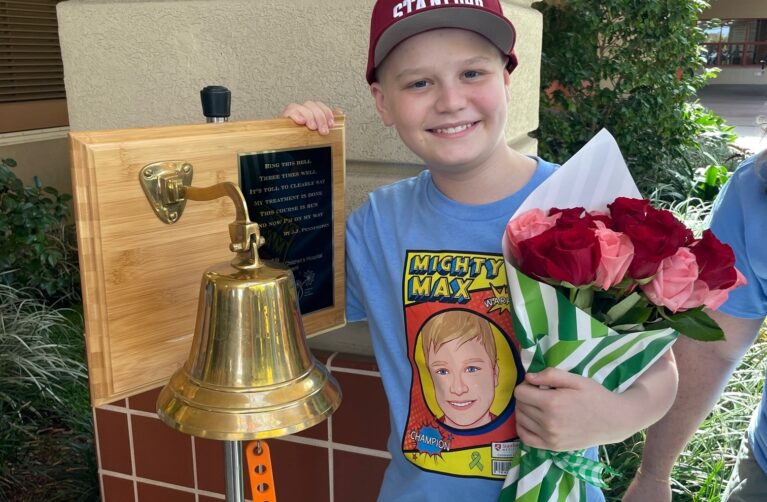When Dessi Zaharieva was 7 years old, she had a big year. She began to take lessons in taekwondo and kick-started a decades-long journey—one that would eventually bring her to the Taekwondo World Championships.
It was also the year that she learned she had type 1 diabetes (T1D).
Zaharieva’s family had recently immigrated to Canada from Bulgaria. “It was a lot to navigate,” she remembers. “We didn’t have a Bulgarian translator in the hospital, so it was a challenge just to understand what this condition was and what it meant for my future and my active lifestyle. There was a big question mark.”
Many kids living with T1D are less physically active than their peers without diabetes because they—and their parents—fear the dangers that may come with exercise, including an increased risk of low blood sugar.
Yet, as Zaharieva knows firsthand, the benefits outweigh the risks.
Her ambitious spirit pushed her to continue pursuing taekwondo at a competitive level. “I was by no means a gifted athlete. I just have a lot of drive,” says Zaharieva, who’s now a diabetes researcher at Stanford Medicine Children’s Health.
After years of training and managing her condition, Zaharieva represented Team Canada at the 2013 Taekwondo World Championships, which took place in her hometown of Sofia, Bulgaria. She earned a bronze medal in sparring, with her family and teammates cheering her on.
The Top Was Just the Beginning
“I used to think that was the story I wanted to tell, that I achieved the highest level of my sport as a person with diabetes,” Zaharieva says. “But the reality is that things have shifted for me.”
“Since I started my research at Stanford, I think it’s even more important to highlight that you don’t need to be an elite athlete with type 1 diabetes to make exercise a regular part of your life,” she says. “I want to meet my patients where they’re at. I want to help every kid lead an active lifestyle.”
Today, Dessi Zaharieva, PhD, CEP, CDCES, is one of the only exercise scientists in the world who focuses on research for children with diabetes. She is a part of the top-ranked diabetes program at Stanford Medicine Children’s Health, which focuses on leveraging technology and innovative clinical trials to reduce disparities and improve health outcomes for every patient.
Zaharieva is leading the first longitudinal study assessing a structured exercise education program and physical activity monitoring for children newly diagnosed with T1D. “Exercise isn’t always the first thing we talk about when a kid is initially diagnosed,” she says.
Families have a lot to take in during their first conversations with an endocrinologist and the diabetes care team—insulin dosing, meals, high and low blood sugars, new technology, and more. Too often, exercise and physical activity don’t come up until a child wants to play sports with their friends. But by then, families may be afraid to start because of the associated risks.
“For me, that’s a huge problem. We want to be encouraging physical activity and how to do it safely,” Zaharieva says. Her goal is to normalize the risk, and help families like hers manage the ups and downs in blood sugar values that occur when a child exercises.
“As a kid growing up, I always questioned whether those changes in blood sugars were something I was doing wrong. But I want to help families see that’s part of living with diabetes. I want to be able to offer support, so kids feel empowered to lead active lives,” she says.
Looking to the future, Zaharieva is hopeful that her research will transform the way kids with diabetes and their families think about exercise and physical activity.
“There’s still a lot of work to be done, but I’m just really grateful. A lot of our progress has been possible because of donors and everyday people who support our work.”
November is Diabetes Awareness Month. To learn more about how Stanford Medicine Children’s Health researchers like Dr. Zaharieva are making a difference—and how you can support them—follow us on social media or get started with our resource page!
If you’d like to discuss how you can make an impact with a member of our team, please contact:
Dominique Ta
Associate Director, Major Gifts






